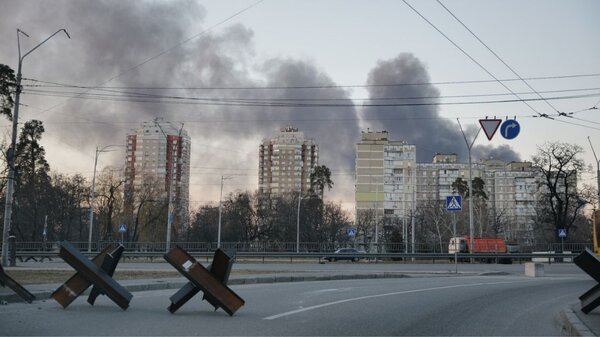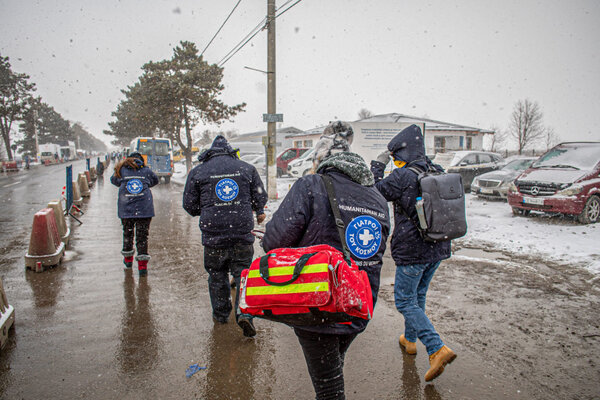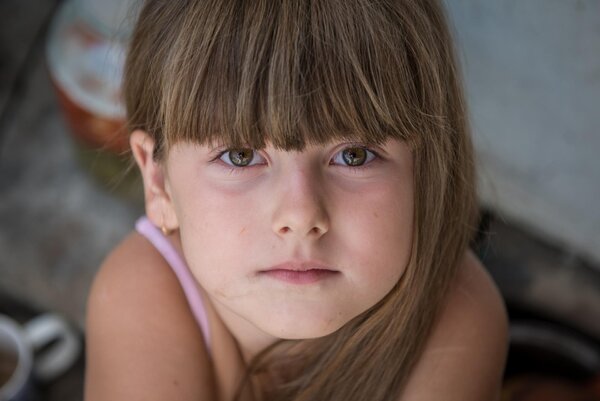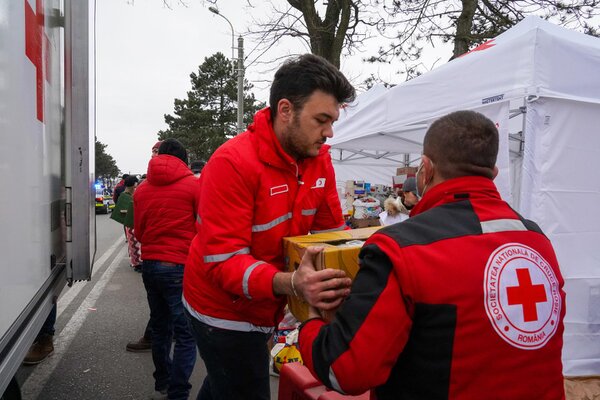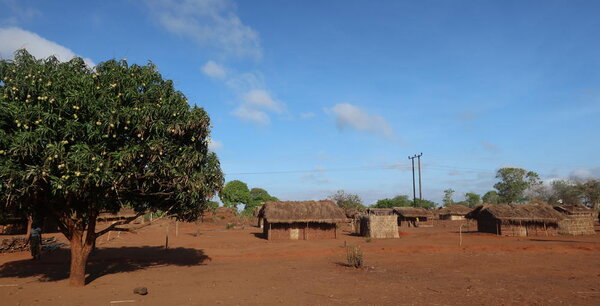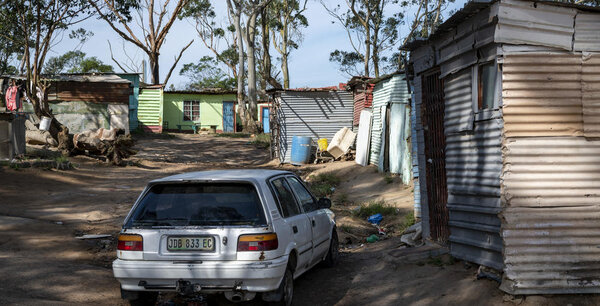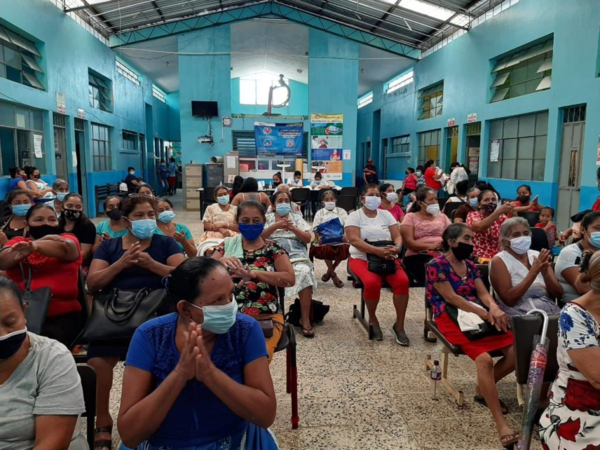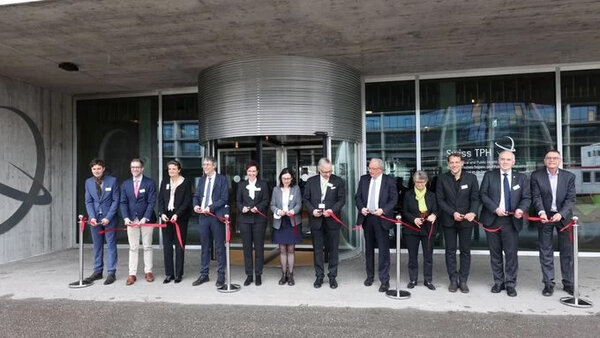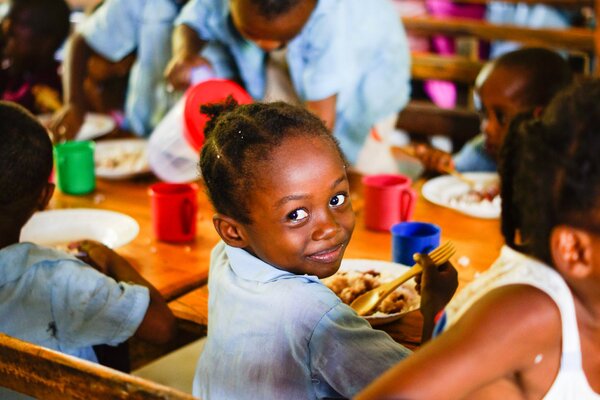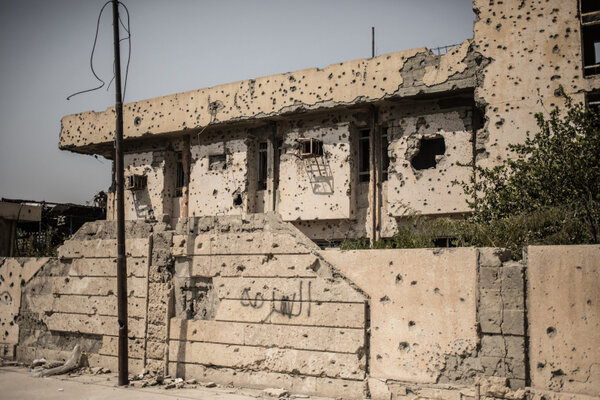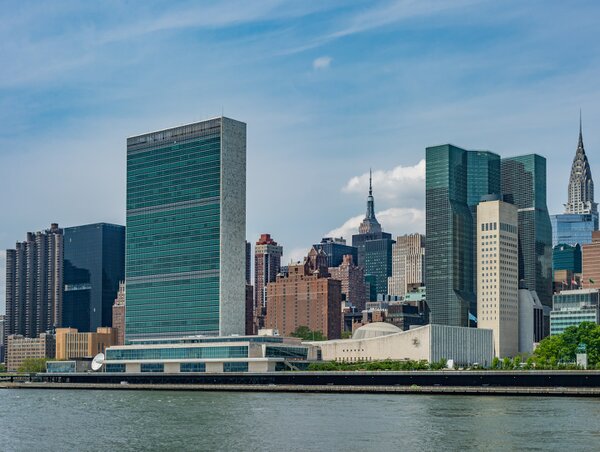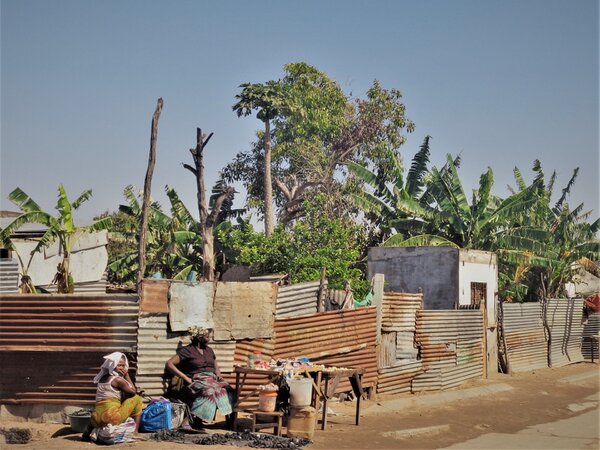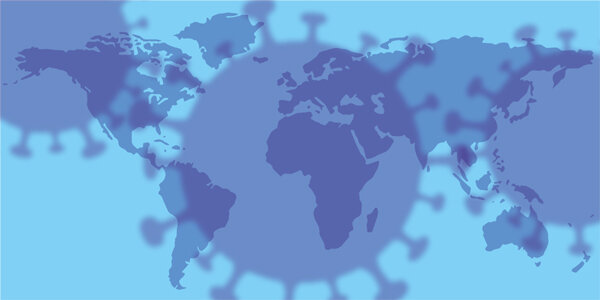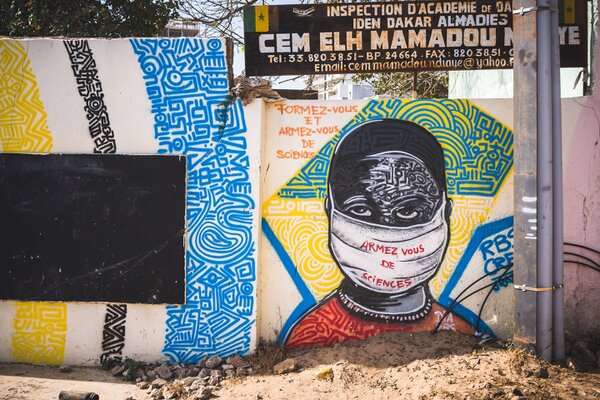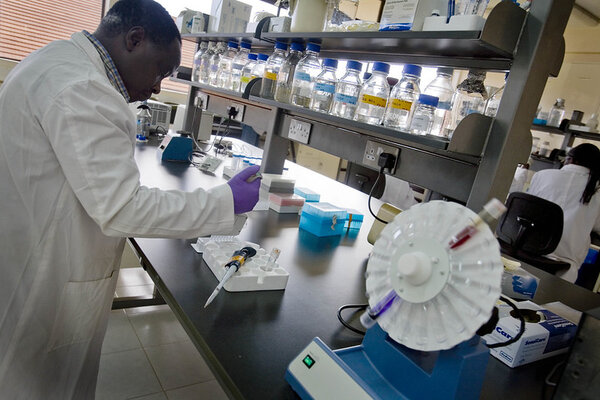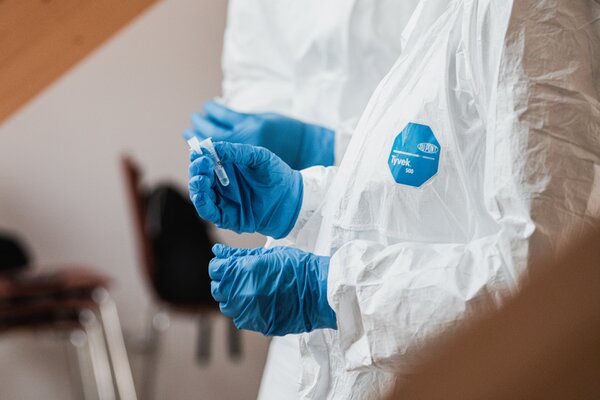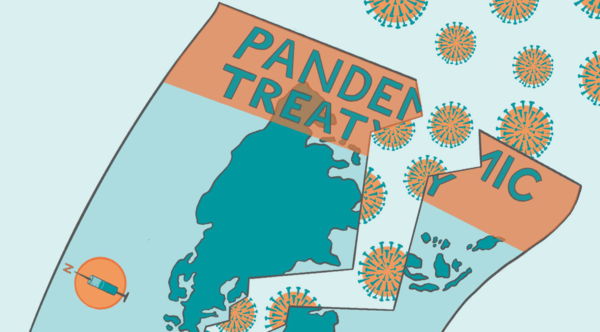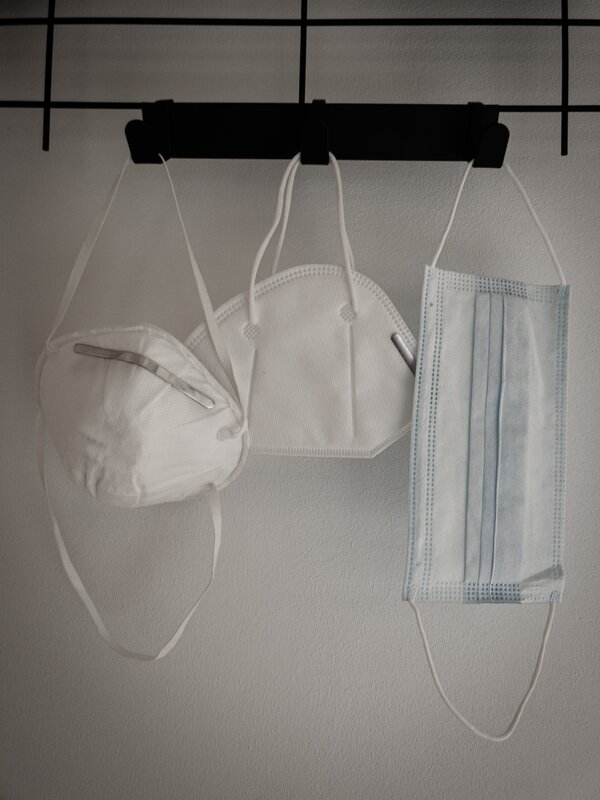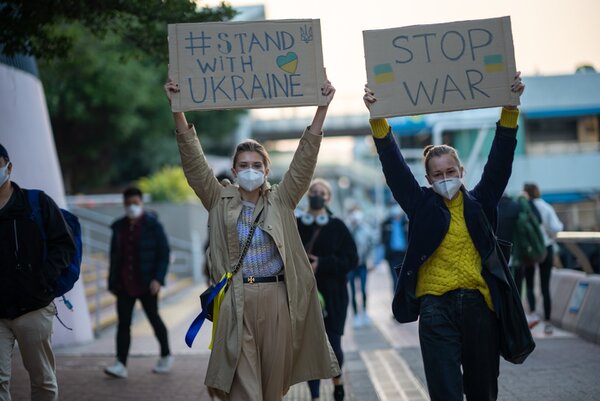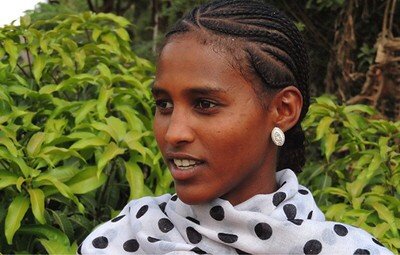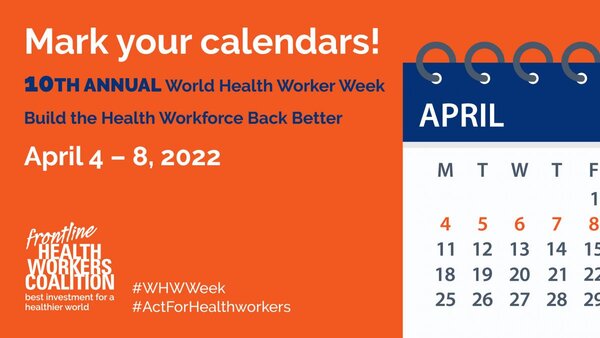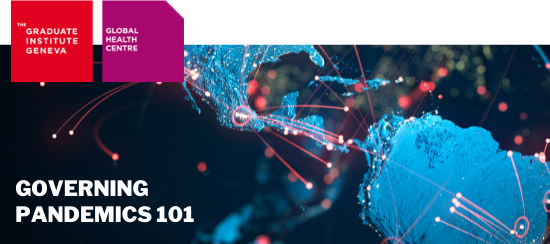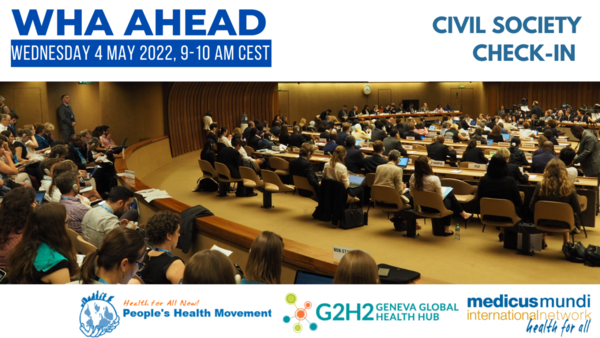Les conséquences parfois désastreuses, des grossesses chez les adolescentes sur leur santé, sont bien connues. Mais alors pourquoi avons-nous encore des taux de grossesse aussi élevés chez les jeunes filles ? D’une part, le manque d’accès aux contraceptifs en est responsable, mais aussi l’ignorance des conséquences de tels événements. Dans beaucoup de pays, les normes sociales et les structures culturelles empêchent les jeunes femmes de se protéger contre les grossesses précoces.La pandémie a fait grimper en flèche les taux de mariage des jeunes femmes dans le Sud de la planète ce qui a donc entraîné une augmentation des « grossesses précoces ». S’agit-il de grossesses désirées ou non désirées ? Une fille peut-elle refuser d’avoir des enfants si elle risque d’être bannie de la famille ? Comment gérer de telles normes sociales ? Quel rôle les hommes jouent-ils dans ce contexte ? Quelle est leur responsabilité ?
Selon le dernier rapport de The State of World Population 2022, «Seeing the Unseen: The case for action in the neglected crisis of unintended pregnancy», publié la semaine dernière, il faudra encore attendre 160 ans pour que la maternité infantile s'arrête.
Un sujet brûlant que nous aborderons lors de notre prochaine conférence sur la Santé Sexuelle et Reproductive à Berne le 18 mai 2022 et dans laquelle nous présenterons également des solutions adaptées à la situation actuelle.
Nous nous réjouissons de vous accueillir à notre conférence en mai !
INSCRIVEZ-VOUS MAINTENANT!!
Carine Weiss
Réseau Medicus Mundi Suisse
E-Mail




